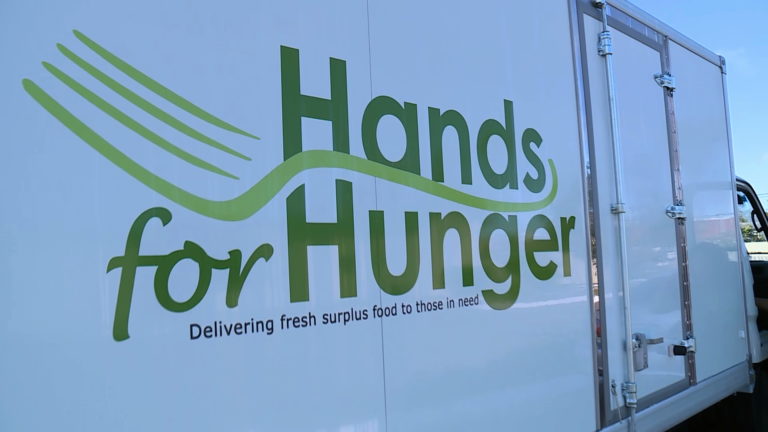NASSAU, BAHAMAS — Food distribution non-profit organization, Hands for Hunger (H4H) Executive Director Keisha Ellis said soaring costs are contributing to a growing need for food in Bahamian society that outpaces charitable efforts.
H4H has facilitated the handing out of hundreds of food packages over the last month and a half with the New Providence Community Centre and their many partners.
Ellis pointed out that while they are working with volunteers and partners to assist people during the yuletide season, there is an even greater concern for individuals come next January.
“We know that during the Christmas season people are generous and there’s a lot of food and there’s a more communal spirit, but by the second week of January, the people who were hurting before Christmas find themselves in an even harder situation; […] we always plan to have sufficient food and donations in stock so that we can take care of the long month of January,” Ellis said.
Food insecurity has been a problem for many Bahamians for a long time according to Ellis, who recalled a number of people in dire straits from the beginning of the current inflationary period.
She states that the challenge for the NGO is trying to acquire sufficient donations to fill areas where needs persist.
Minister of Agriculture and Marine Resources, Clay Sweeting, this month told Eyewitness News that the number of food imports to the country, this year hover around one billion dollars. He said food security remains a concern not just for those in need, but for the country as a whole.
Although local produce may not be as readily available or cost-effective as imports, Ellis said that H4H buys food from local farmers and producers, as much as they can.
“People are going to come across even harder times, and I think that we’re going to find people perhaps looking at new avenues for food,” she continued.
“I think that purchasing food from a food store will become less and less possible for a lot of people, even people who aren’t technically food insecure now.
“So I think that I hope to see more communal gardens, farming and perhaps looking at more locally available sources of food rather than the imported food that we depend on so much.”
As she encourages the community to donate what they can spare to the NGO, Ellis encouraged shoppers to buy fresh, locally-produced food, explaining that in the long-term the investment will benefit the country by strengthening the agriculture sector.
“What we like to say is that you shouldn’t expect all of your food to have a label. Right. And what we mean by that is it comes in a package and has it can, you know, it has a label.
“Try to look for sources of food that are produced locally, you know. And we think that that will actually lead to more food security for the individuals who are experiencing it, as well as the farmers who are producing the food,” Ellis said.


